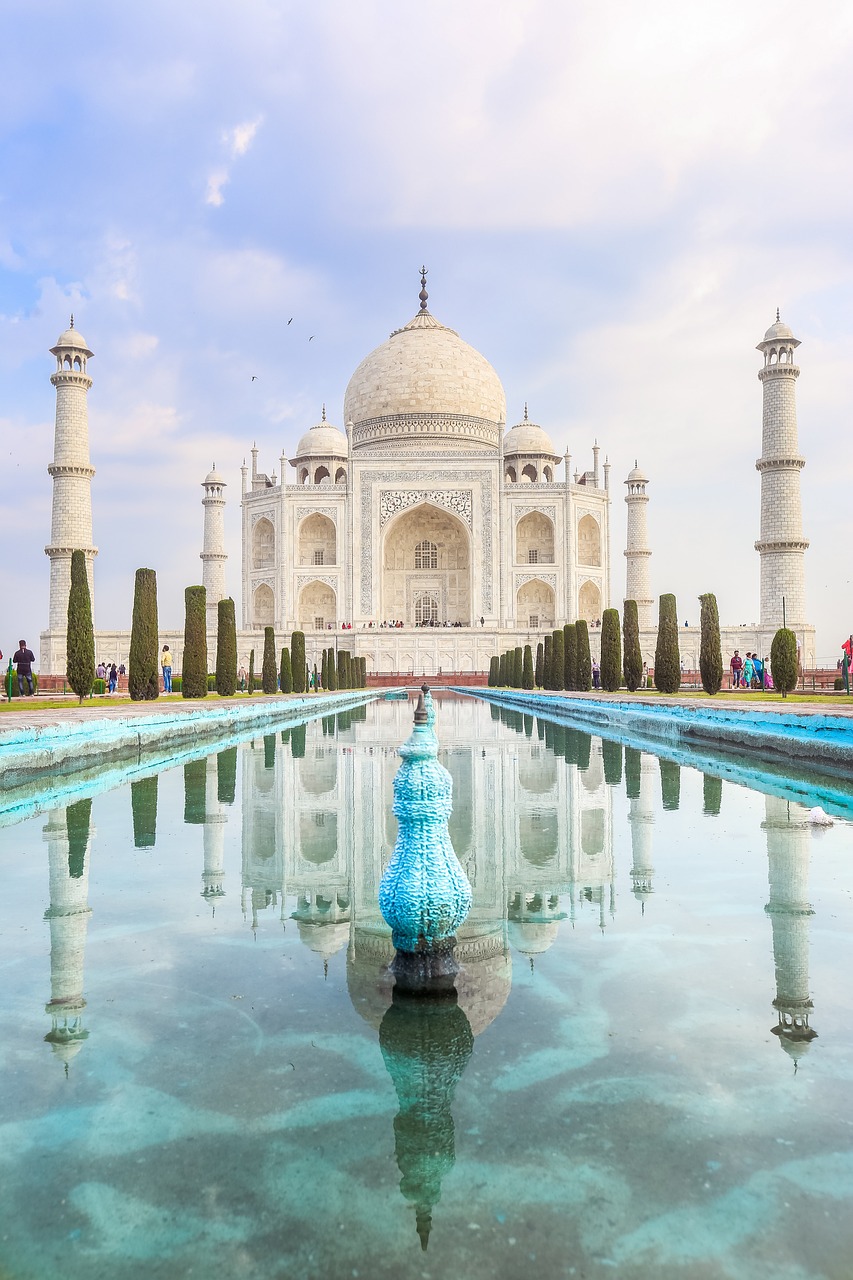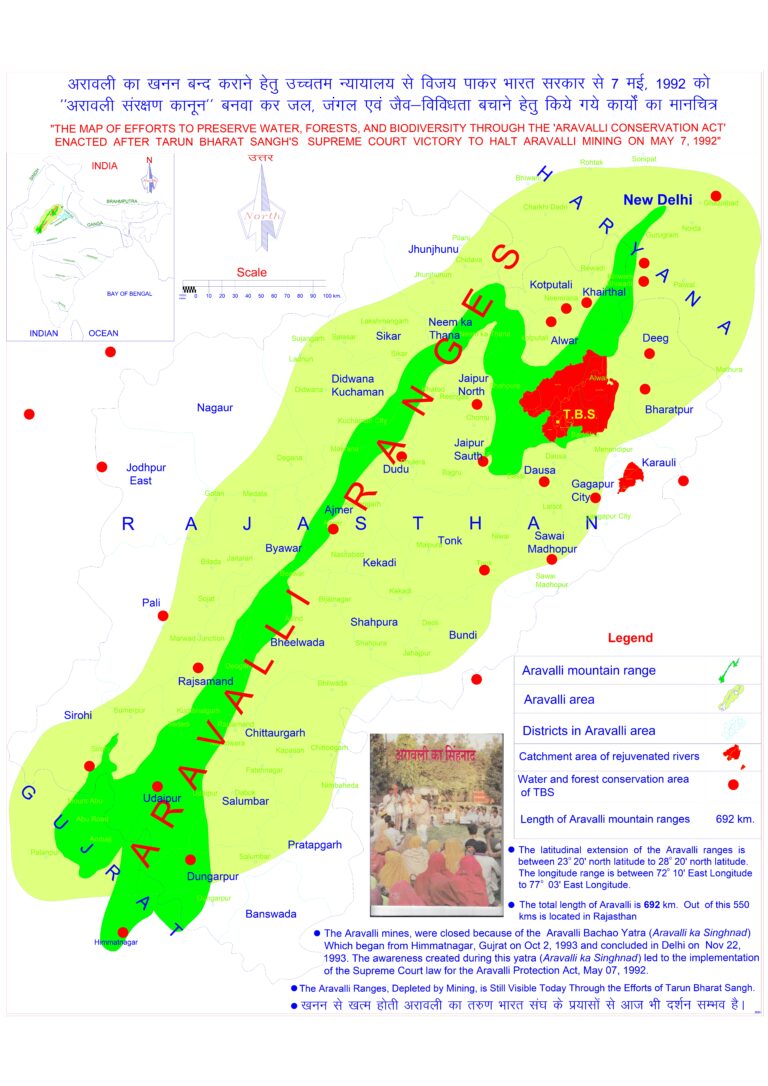
The Supreme Court rejected the Sunni Waqf Board’s claim on the Taj Mahal.
Waqf refers to properties dedicated exclusively for religious or charitable purposes under Islamic law, and any other use or sale of the property is prohibited. In India, the history of Waqf can be traced back to the early days of the Delhi Sultanate when Sultan Muizuddin Sam Ghaor dedicated two villages in favour of the Jama Masjid of Multan and handed its administration to Shaikhul Islam. As the Delhi Sultanate and later Islamic dynasties flourished in India, the number of Waqf properties kept increasing in India.
After many rounds of consultation in the national capital the Joint Parliamentary Committee (JPC) on the Waqf Amendment Bill has started meeting with different sections of the people in other parts of the nation.
The Committee’s office has received over 12 million emails and 80,000 documents from proponents and opponents of the bill and further allocated 15 executives to process them.
On August 8, 2024, the Minister of Minority Affairs and the Chairman of the Central Waqf Council Kiren Rijiju presented the draft with 44 amendments in the Waqf Act. He described the amendments to be a result of continuous pressure on the government by the poor people of the Muslim community. Many lawmakers including Janata Dal United leader Lallan Singh openly supported the amended draft, but certain leaders criticised it. Consequently, the government formed a 31-member committee headed by Jagdambika Pal, known as the Chief Minister of Uttar Pradesh for a day in the nineties.
On August 8, 2024, two bills, the Waqf (Amendment) Bill, 2024, and the Mussalman Wakf (Repeal) Bill, 2024, were introduced in the Lok Sabha with an aim to streamline the Waqf Board’s work and ensure the efficient management of Waqf properties.
The objective of the Waqf (Amendment) Bill, 2024, is to amend the Waqf Act, 1995, to redress the issues and challenges in regulating and managing Waqf properties. The Amendment Bill seeks to improve the administration and management of waqf properties in India. It aims to overcome the shortcomings of the previous act and enhance the efficiency of Waqf boards by introducing changes such as renaming the Act, updating the definitions of waqf, improving the registration process, and increasing the role of technology in managing waqf records.
The primary objective of the Mussalman Wakf (Repeal) Bill, 2024 is to repeal the Mussalman Wakf Act, 1923, a colonial-era legislation that has become outdated and inadequate for managing waqf properties in modern India. The repeal aims to ensure uniformity, transparency, and accountability in the administration and management of waqf properties under the Waqf Act, 1995, thus eliminating inconsistencies and ambiguities caused by the continued existence of this redundant law.
The Waqf (Amendment) Bill, 2024 has been referred to the Joint Committee of Parliament.
A discussion is going on with the stakeholders associated with Waqf and other sections of the society. Despite having a majority in both Houses of Parliament, the government appears to be moving forward on this issue cautiously. However, if such a serious democratic process was adopted before the amendments in 1954, 1995 and 2013, then the situation could have been different. Today the reformist elements within the second largest majority are trying to stand up against the orthodoxy in their society. The liberal spirit of the twenty-first century is trying hard to stand against the colonial hangover of the previous century. Proponents of violence repeating Sir Tan Se Juda (head separated from the body) are agitated about this move. After the promulgation of the law against triple talaq, it will be a new Muslim-centric reform in the country.
Are the Waqf properties revocable?
No, since the ownership of the property is transferred to Allah from the waqif in the case of Waqf, and property cannot be taken back from Allah, once a property becomes Waqf, it will always stay Waqf, making it irrevocable. Once a property is declared waqf, it remains so forever. Examples include the Bengaluru Eidgah ground, claimed as waqf property since the 1850s. Similarly, the Surat Municipal Corporation building, claimed due to historical use as sarai during Hajj in the Mughal era.
Do all the Islamic Countries have Waqf Properties?
No, not all the Islamic countries have Waqf properties. Islamic Countries such as Turkey, Libya, Egypt, Sudan, Lebanon, Syria, Jordan, Tunisia, and Iraq do not have Waqfs. However, in India, not only are Waqf Boards the largest urban landowners, but they also have an Act protecting them legally.
The cases of disputed properties of the Waqf are in public. Shimla has been in the news these days since a five-storey mosque was built in Sanjauli. The Waqf board filed an affidavit in the court saying that it does not know who built the floors above the mosque. Another case is of Manendiyavalli Chandrashekhar Swami temple, which has been spread over 369 acres of land for 1,500 years in Tamil Nadu. The Waqf board recently claimed the property of this temple. On August 8, 2024, the Waqf board claimed 93 other properties in Avinashi and Thottipalayam of Tiruppur district. In 1996, the Tamil Nadu government allotted six and a half acres of land on lease to 216 backward-class families of the Devendrar community. Today their condition is pathetic. Moreover, three years ago, the Waqf board in Gujarat claimed two islands of Bhent Dwarka which the High Court rejected. The Supreme Court recently rejected the Sunni Waqf Board’s claim on the Taj Mahal. Another case is pending in the civil court that claims Antilia, the house of Reliance Group tycoon Mukesh Ambani, to be an orphanage under the Waqf.
In the third meeting of the JPC, the executive class presented the details of more than 200 disputed properties of the Waqf in Delhi. The Land and Development Office (L&DO) has claimed ownership of 108 properties and the DDA (Delhi Development Authority) has claimed ownership of 138 properties. The previous United Progressive Alliance (UPA) government had handed over 123 properties of the capital to the Waqf Board before the end of its last tenure.
There was a case made for the abolition of Waqfs in India in the late 19th Century when a dispute over a Waqf property ended up in the Privy Council of London during the days of the British Raj. The four British judges who heard the case described the Waqf as “a perpetuity of the worst and the most pernicious kind” and declared Waqf to be invalid. However, the decision by the four judges was not accepted in India, and the Mussalman Waqf Validating Act of 1913 saved the institution of Waqf in India. Since then, no attempt has been made to curb Waqfs.
The efforts of land grabbing have been going on for a long time and since the formation of the JPC cases are coming to light. Former Defence Minister A.K. Antony has blamed such policies of the Congress Party for its repeated defeat in elections.
The Justice Shashvat Kumar Committee had given details of the properties related to the Central Waqf Council and the Waqf boards working in the states in 2011. Instead of the estimated annual income of ₹12,000 crore from the total property of the Waqf worth ₹1,20,000 crore, a sum of ₹163 crore has come to light. In 1993, the Supreme Court had declared Article 21 of the Constitution above Article 27 to pay remuneration to the Imam from state exchequer. Uday Mahurkar had to face troubles when he was the Central Information Commissioner, for raising questions on this issue. The appointment of a suitable and trained team of bureaucrats for the management of Waqf is still being discussed after the reports of the Shashwat Committee and the Sachar Committee.
The JPC is trying to address the questions related to these properties of the Waqf board throughout the nation. They possess 8,72,292 properties spread over 8 lakh acres of land in India. After the partition, they had a total of 52,000 properties. The recent figures are a revelation. The 2009 data of Waqf properties recorded 3 lakh units spread over 4 lakh acres of land. As such they are the third largest landowner after the army and the railways. The majority of Muslims are poor today since the feudal elements of their community tapped the resources meant for their development.
The elements claiming to create a Bangladesh-like situation in India are agitated on this issue. They have left no stone unturned in appeasing the divisive elements.
The Manmohan Singh-led UPA government had clarified its policy even before amending the Waqf Act in 2013. The first right to the resources of the country was decided for the Muslims. During India’s first prime minister Jawaharlal Nehru’s tenure, the law of 1923 was amended to hand over properties of Muslims leaving for Pakistan to the Waqf. The script for the increase in the Waqf property was written in the Parliament in 1954 itself, even though many of these properties are considered under the Enemy Property Act.
In the new era of liberalization, the definition of secularism also became liberal for them. This is clear from the amendment made in 1995. Section 3 states that Waqf can take possession of any property it considers to be its owner. Section 40 puts the real owner in the dock to prove their claims on such property. Under section 85, if the landowner is unable to satisfy the Waqf Tribunal, the ownership of the property can be transferred to them. The 2013 amendment to the Waqf law proved the last nail in the coffin. Since then such properties have been beyond judicial review. This kind of exemplary liberalism is beyond imagination in most advanced democracies either in the West or in the East.
Nishikant Dubey, a Bharatiya Janata Party leader and member of the JPC asked to review enemy properties and demanded to ensure that Waqf’s property is used for religious and public welfare purposes. Dravida Munnetra Kazagham leader A. Raja is angry over not taking cognizance of the fact that the Waqf Act was first implemented in 1913. The colonial rulers made tireless efforts to teach the children of Mother Earth the business of buying and selling land. They introduced the Religious Endowment Act in 1863 and the next step was the Charitable Property Act promulgated in 1890.
The government is trying hard to garner widespread support in the favour of the draft legislation. Meanwhile, the Muslims have demanded to keep the followers of other religions out of the Waqf to save the freedom of religion guaranteed by the Constitution. Here the policy of appeasement dominates over the principles of equality guaranteed in the same Constitution.
Illegal occupation is considered haram even in Islam. The limits of one’s freedom end where the freedom of others begins. The interference of the government and followers of other religions in the management of any religion and its shrines is unacceptable in case they don’t interfere in the affairs of others.
*Kaushal Kishore is the author of The Holy Ganga, Rupa 2008. The views published here are personal.
Image by Ruthie Derby from Pixabay






